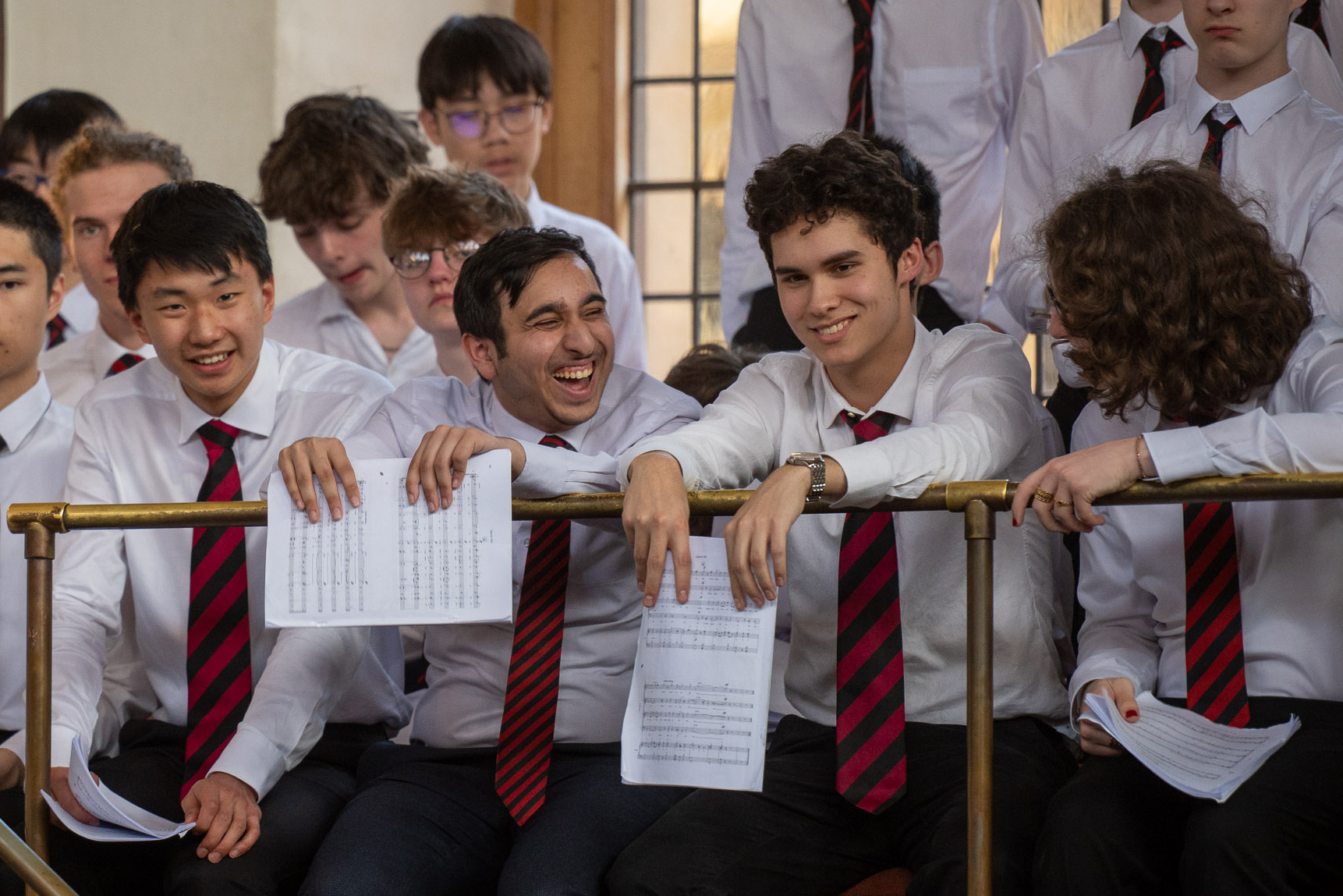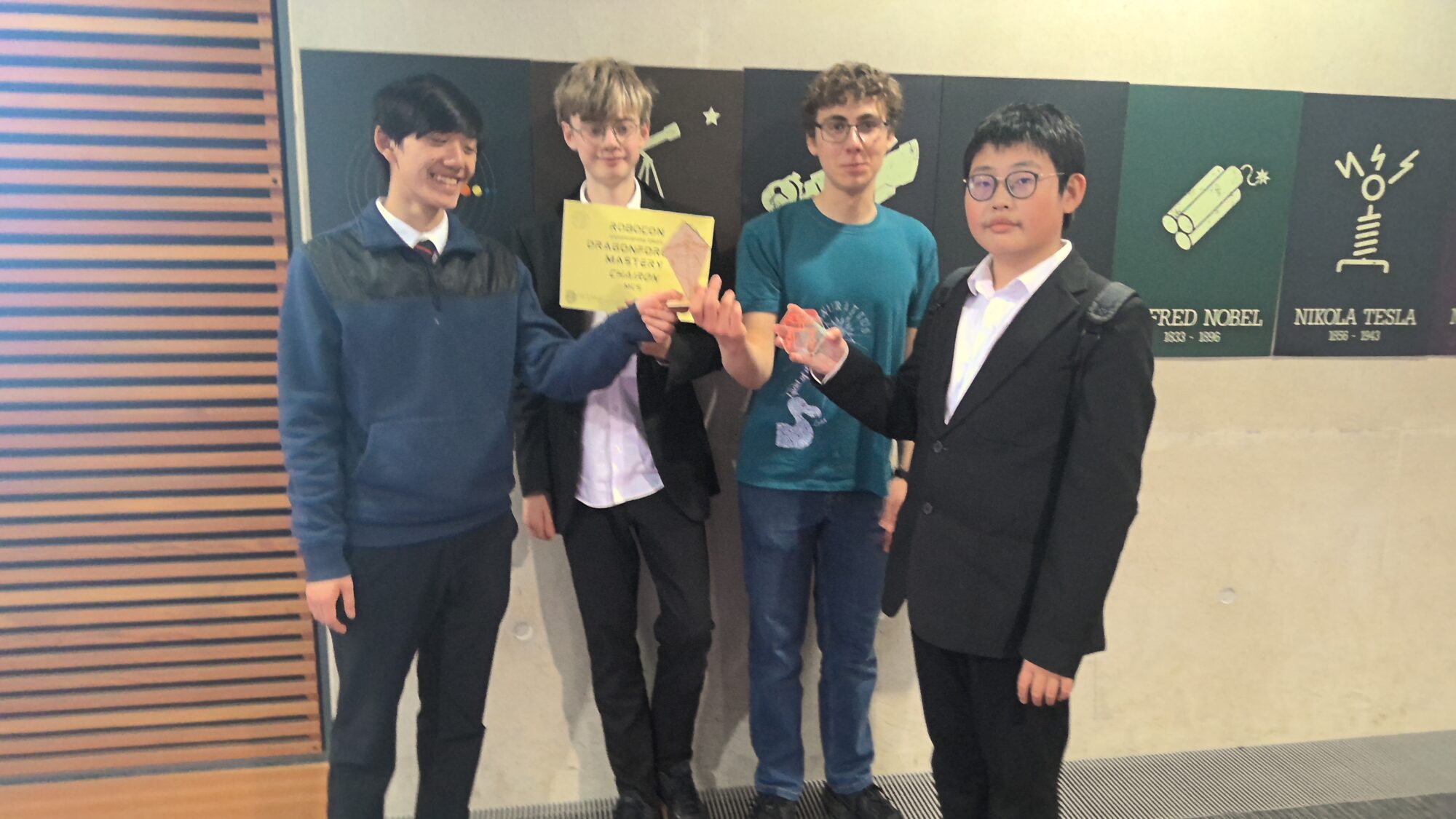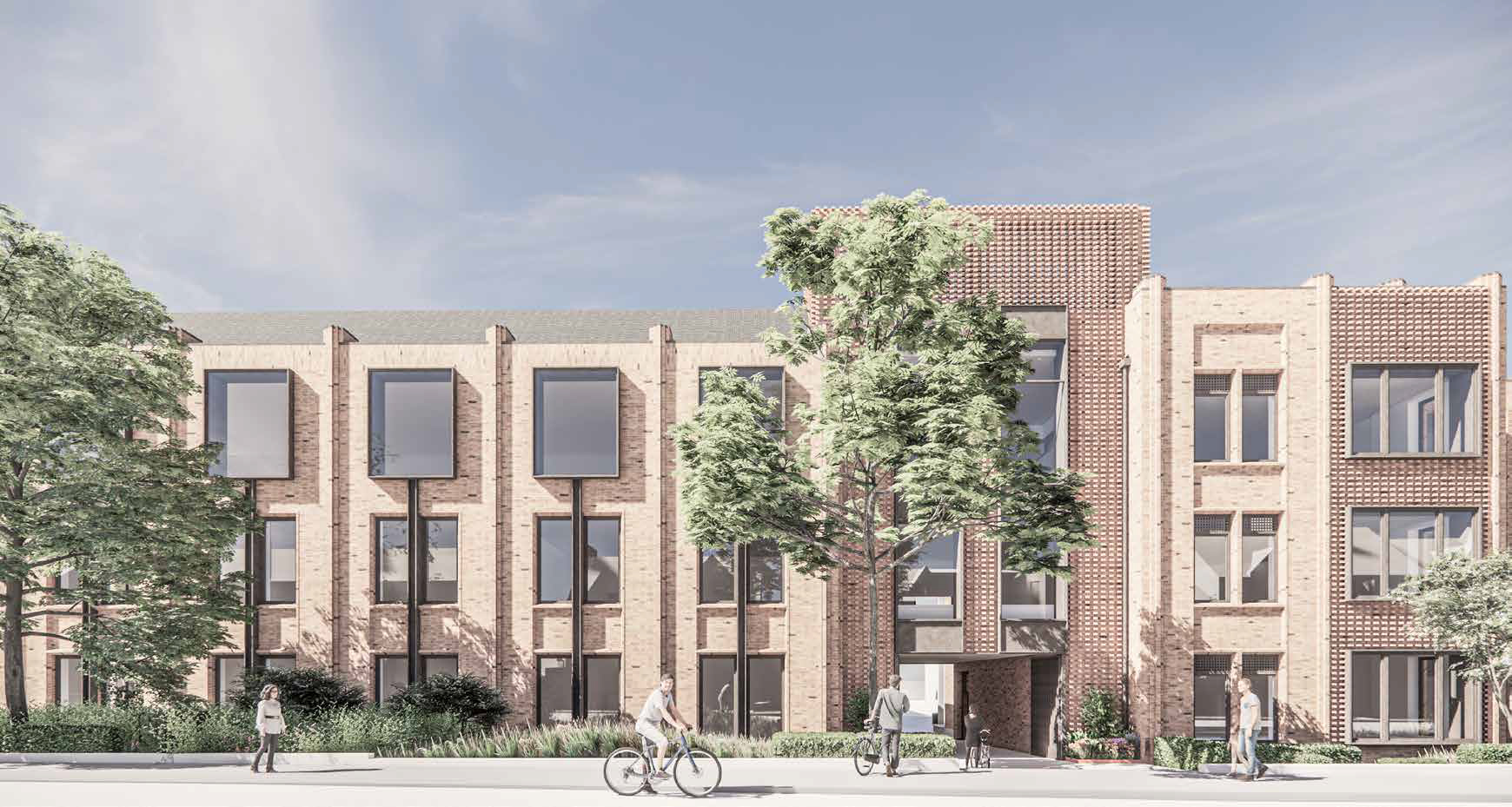The school was informed by Barrie’s son Martin that he died on 7th December 2015. Fellow OW Tom Oliver (1956) sent in an obituary from The West Australian. Extracts are included below.
While working as publicity officer for the Archbishop of Perth in the 1960s, Barrie joined the campaign that eventually saved not only the historic convict-built Cloisters building in St Georges Terrace – the Colony’s first secondary school – but also the Port Jackson fig tree in front of it. This landmark victory against wholesale urban development encouraged the conservationist in Barrie. He was heavily involved in the formation of the WA branch of the international organisation Men of the Trees in 1979, becoming the group’s founding president. The lifelong identification with nature would pervade his films, activism, creative accomplishments and music performance.
He was born Michael Barrie Oldfield – always known as Barrie – in Rochdale, Lancashire, on April 23, 1933. Three years later the family moved to Oxford, where Barrie and his brother Tony grew up. A schoolboy and keen piano student throughout World War II, Barrie had a stroke of luck. He came home to hear the family grand being played brilliantly. He ran to discover Vladimir Horowitz at the keys. On the way to becoming one of the century’s greatest pianists, the visitor had been entertaining workers on lunch break at a factory repairing fighter aircraft. Barrie’s father had offered him “hospitality and a piano” while waiting for the train to London.
The boy was also fascinated by photography, which would serve him well when he came to make films in adulthood. A serious illness prevented school attendance for a year but he put the restriction to good use, listening to patients in the next bed. They could be “an Indian professor, organ builder, stonemason, itinerant worker from Australia, or London cab driver”. Everyone’s story was worthwhile. Regaining his health, he decided to live by values that included a “rejection of consumerism and materialism”.
For nine years Barrie worked for the Nuffield organisation, established by Lord Nuffield (William Morris), founder of the Morris vehicle firm. Through the Nuffield Foundation the family wealth supported research and innovative projects in health care, education and social justice. Barrie, whose job included publicity, admired these tenets. His life’s course was set.
In 1963 he and his wife of three years, Sallie, emigrated to WA, driving all the way (except for the water stretches) in the latest Morris model. Settling in Lesmurdie, Barrie’s work included at an advertising agency, the Anglican Messenger newspaper, and the educational media centre at the WA Institute of Technology (now Curtin University of Technology).
While visiting their sons’ school, Guildford Grammar, he had another “Horowitz moment”. A fellow member of the WA committee of the Royal School of Church Music [said]: “Barrie, I’d like you to meet my prize pupil, Carl Vine.” Recognised today as a world-class composer, Vine wrote music for many Oldfield productions, including Envir, a finalist at the 1975 Sydney Film Festival.
A film for the Campaign to Save Native Forests in 1979 led to what Barrie considered a key environmental achievement – stopping the clear felling of old-growth forests in the South West. The film was seen in England by Richard St Barbe Baker, forester par excellence, author and founder, in 1922, of the first Men of the Trees. He came to Perth to found a branch of the organisation. Barrie’s interview with Baker, played on the ABC’s Science Show, “marked the first awakening of the Australian population to its need to care for forests, lakes, rivers, range lands, coasts and fisheries”. Barrie and his close friend Peter Goodall, combined with British botanist David Bellamy to make a film called Wheat Today, What Tomorrow? It exposed problems created by farming.
The Order of Australia Medal in 1999 was formal recognition of Barrie’s enormous contribution to his community. His Christian faith never wavered and for 56 years Sallie was his “animator of spirit, focus of love, keeper of sanity”. She survives him, as do their sons William and Martin and five grandchildren.
 MCS ranks among the top independent secondary schools, and in 2024 was awarded Independent School of the Year for our contribution to social mobility.
MCS ranks among the top independent secondary schools, and in 2024 was awarded Independent School of the Year for our contribution to social mobility.

 28 of our pupils achieved 10 or more 8 or 9 grades in 2024.
28 of our pupils achieved 10 or more 8 or 9 grades in 2024.
 In 2023-24, MCS received over £448,000 in donated funds.
In 2023-24, MCS received over £448,000 in donated funds.




